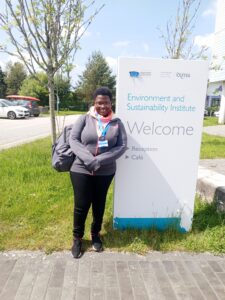 In June 2024, Kabale University Masters students, Loy and Shafati, embarked on a remarkable journey to the University of Exeter’s Penryn Campus in the UK. Their mission: to deepen their understanding and skills in avian biodiversity research, focusing on the unique bird species inhabiting the wetlands of Rushebeya Kanyabaha and Nyamuriro in Southwest Uganda. This journey is a pivotal part of the Selection to Protect Papyrus Endemic Biodiversity in Uganda (SEBU) Project, funded by the JRS Biodiversity Foundation.
In June 2024, Kabale University Masters students, Loy and Shafati, embarked on a remarkable journey to the University of Exeter’s Penryn Campus in the UK. Their mission: to deepen their understanding and skills in avian biodiversity research, focusing on the unique bird species inhabiting the wetlands of Rushebeya Kanyabaha and Nyamuriro in Southwest Uganda. This journey is a pivotal part of the Selection to Protect Papyrus Endemic Biodiversity in Uganda (SEBU) Project, funded by the JRS Biodiversity Foundation.
A Warm Welcome and Initial Impressions
The adventure began with a seamless arrival at Heathrow Airport, followed by a journey to their temporary homes in the UK. Despite being housed separately, Loy and Shafati meet daily at the Penryn Campus, where their educational adventure unfolds. Upon arrival at Exeter, they were warmly welcomed by Professor Ilya Maclean, who provided a detailed briefing on the analytical processes they would be undertaking. His warm reception set a positive tone for the weeks ahead, promising a productive and enriching experience.
Engaging with Experts and Enhancing Skills
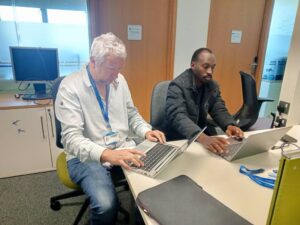 Since their arrival, Loy and Shafati have engaged in several fruitful meetings with Professor Maclean and his PhD students, particularly Smith Daveron. These sessions have been instrumental in refining their research methodologies. Currently, they are meticulously cleaning their data sets into formats compatible with R Statistical software, a crucial step towards ensuring accurate and meaningful analysis.
Since their arrival, Loy and Shafati have engaged in several fruitful meetings with Professor Maclean and his PhD students, particularly Smith Daveron. These sessions have been instrumental in refining their research methodologies. Currently, they are meticulously cleaning their data sets into formats compatible with R Statistical software, a crucial step towards ensuring accurate and meaningful analysis.
Additionally, both students have successfully registered with the University of Exeter, granting them full access to the university’s extensive resources, including high-speed internet – an essential tool for their ongoing work and virtual meetings with colleagues back in Uganda.
Looking Ahead
As Loy and Shafati continue their deep dive into data analysis, they are set to acquire valuable insights and advanced skills that will significantly benefit their research and the broader SEBU Project. Their work not only contributes to the scientific understanding of Uganda’s wetland ecosystems but also underscores Kabale University’s commitment to fostering academic excellence and international collaboration.
Their journey at the University of Exeter is more than just an academic exercise; it’s a testament to the power of collaborative research and the impact of international partnerships in preserving our planet’s biodiversity. Stay tuned for more updates on their progress and discoveries as they advance in their data analysis journey.
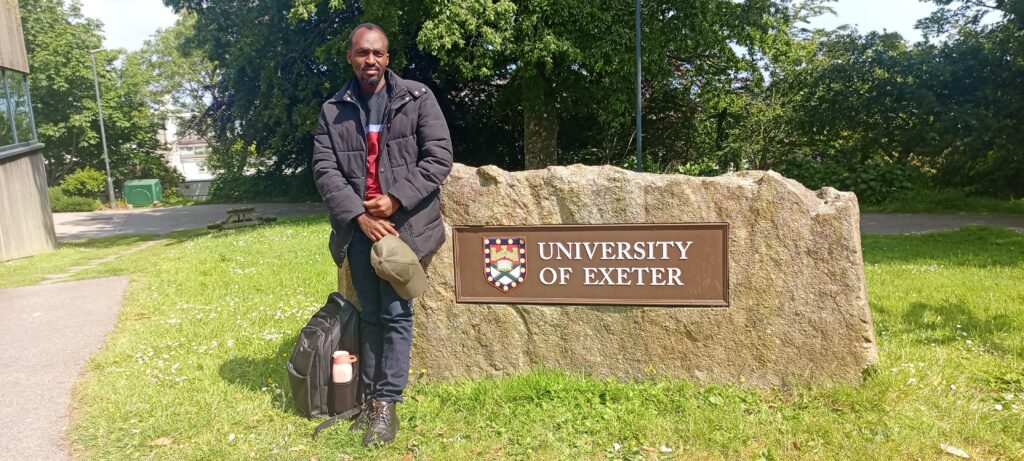


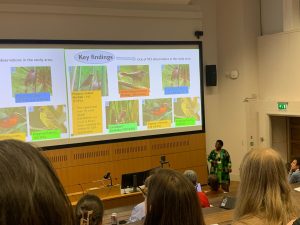
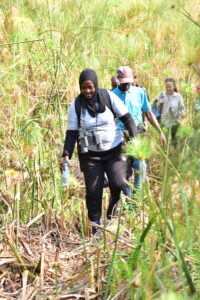
8 Responses
My seniors have acted as role model to me. We need such to be incorporated and empowered in KABSOM particularly Nursing department.
Welldone shafati, always employing your full potentials.
Bravo Mr
SHAFATI The sky is the limit
This is grate. It gives hope for the protection and preservation of Ugandas sanctuary water bodies. Together we shall achieve.
Well done my brother Shafati and your team. Am sure your research will be impactful in Uganda especially now that we see most wetlands being destroyed. It’s a step in the right direction.
Very brilliant
Very active
I love that